Regularly use conditioner or serum
After every wash, a conditioner seals the hair, cares for it and makes it easier to comb. Use at least once a week. If you’re in a hurry, it’s best to use a leave- in spray or conditioner, it does not weigh fine hair, and adds shine and suppleness.
Avoid high temperature blow-drying
It goes without saying that the hot air can harm the hair unnecessarily. So it is worthwhile turning the hair dryer temperature down a notch – even if it takes a little longer to dry the hair. Hair dryers with ionic technology prevent static charge and make the hair shinier. For other styling devices such as curling iron or straightening iron: Use as sparingly as possible in winter and always spray on a good heat protector in advance. This way you can prevent the fizzy hair that hides underneath the winter knit hats.
Here comes the anti-frizz police
If you have curly hair or naturally frizzy hair, you know the problem: If it’s cold outside, the hair does not curl and does not want to be kept in shape. Anti-Frizz products smooth out and provide moisture – they also provide some heat protection. Pillow fight Rough cotton pillowcases can cause split ends on already damaged hair. In contrast, a soft pillowcase made of silk or satin helps. Another beauty secret? Silk pillowcases also help to smoothen the face wrinkles!
Do the scalp good inside
True beauty also comes from inside – and fortunately there are a few important nutrients that are good for stressed winter hair. Biotin e.g. (in bananas, tomatoes and fish) prevents split ends and hair loss. Vitamin A (in cheese, kale and eggs) strengthens the hair fiber and B vitamins (in whole grains and nuts) give shine and smoothness. Easier to use and dosage are distributed in special capsules for beautiful hair and healthy scalp.

